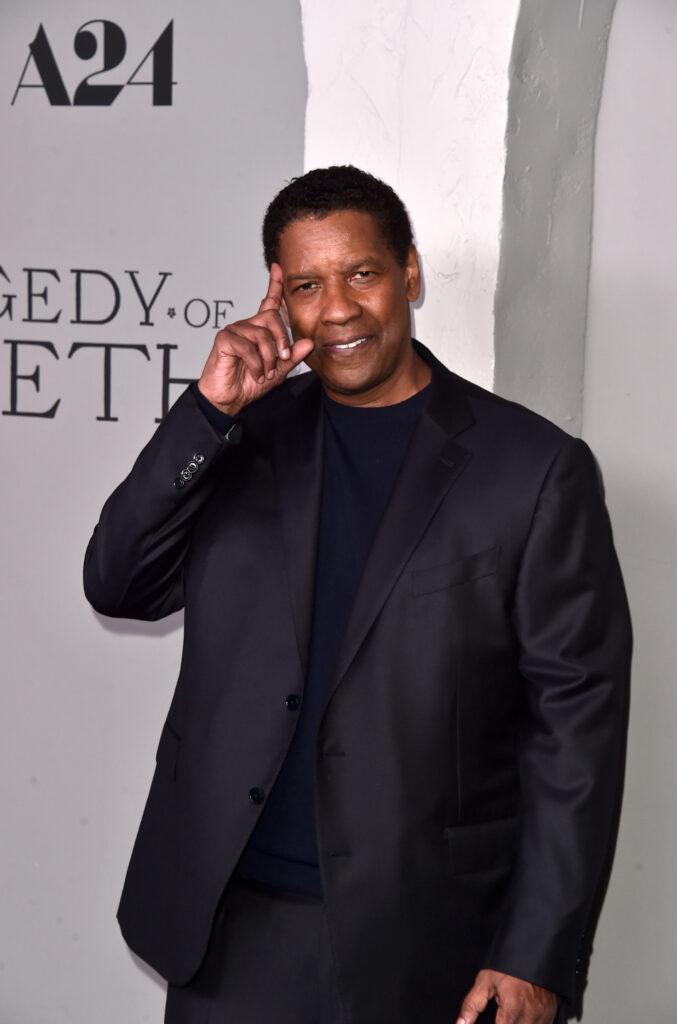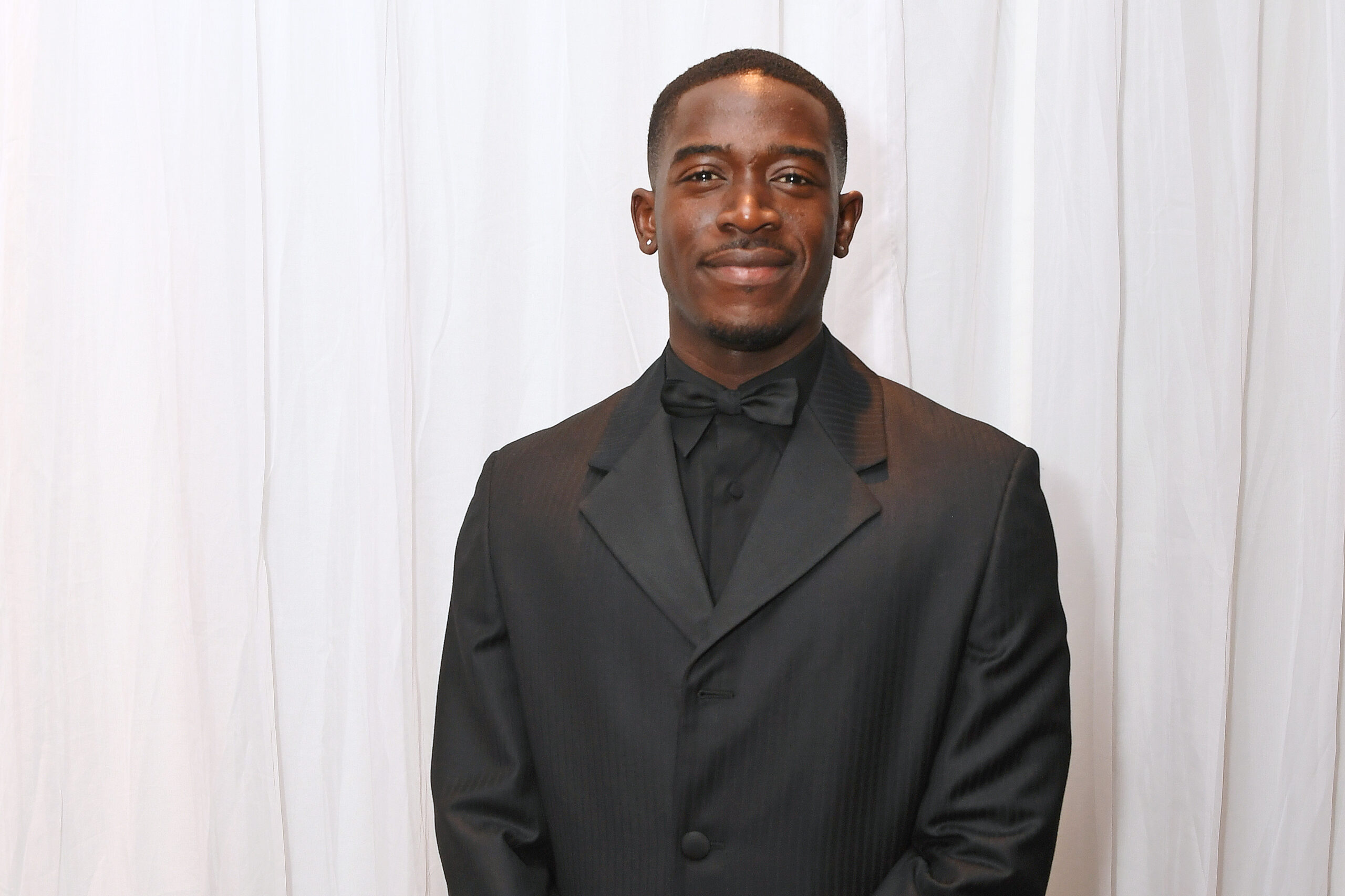Social media platforms and the continual uptick of problematic podcasts have inundated us with men’s opinions. Sadly, many of them promote misogynoir.
But recently, an enlightened man, Tripp Fontane, suggested the conversations men are currently having about Black women are so ugly and raw because many men haven’t done the internal work to speak healthily and productively. It makes sense. Thankfully, there are a small handful of voices, past and present, who have managed to use their platform to come to the defense of Black women.
In the midst of all the more harmful chatter, we’re grateful. Here’s a list of famous Black men who took a stand for Black Women.
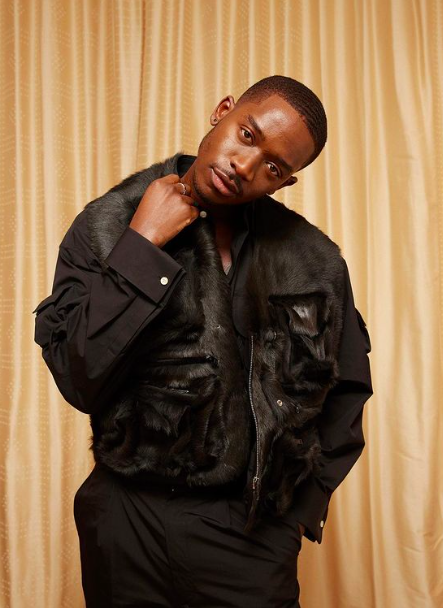
Damson Idris
Like so many of us, actor Damson Idris has had enough. And earlier this month, he decided to use his Instagram stories to send a message to fellow Black men who’ve made it their mission to disparage Black women.
He wrote:
“I see so much unprovoked hatred toward Black women today by predominately grown Black men, especially toward our young stars that are just trying to do their thing. The compulsion to humble these women perhaps make you feel like more of a man. I promise you, you aren’t men to us. A new year is approaching. Grow up.”
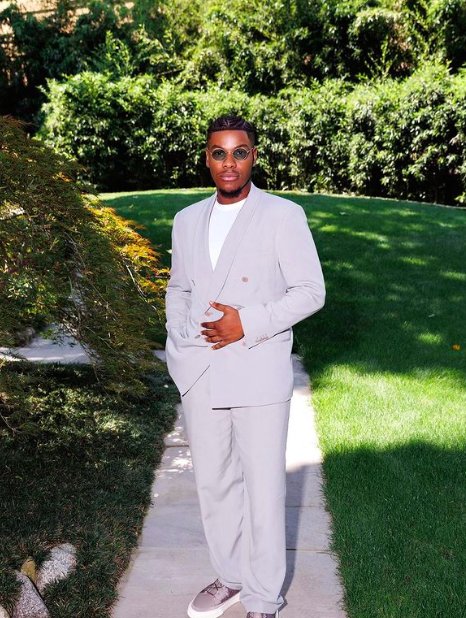
John Boyega
John Boyega had the girls fawning over him when he expressed he only dates Black women. Many people were upset that he set boundaries on who he dated and the faux outrage was telling. It should not be a problem for Black men to support and champion the women with whom they’re romantically involved. Thankfully, Boyega’s appreciation for Black women goes deeper. In 2018, Boyega spoke about the need for more dark-skinned Black women in television and film. He told Ebony:
“We need more executives, showrunners, writers, directors, getting our Black women in there, specifically. When I say Black women, I mean our brown-skinned Black women because colorism has become an issue as well, and we need to tackle all of these things. I just think it’s very important for us to represent the world how we see it.”
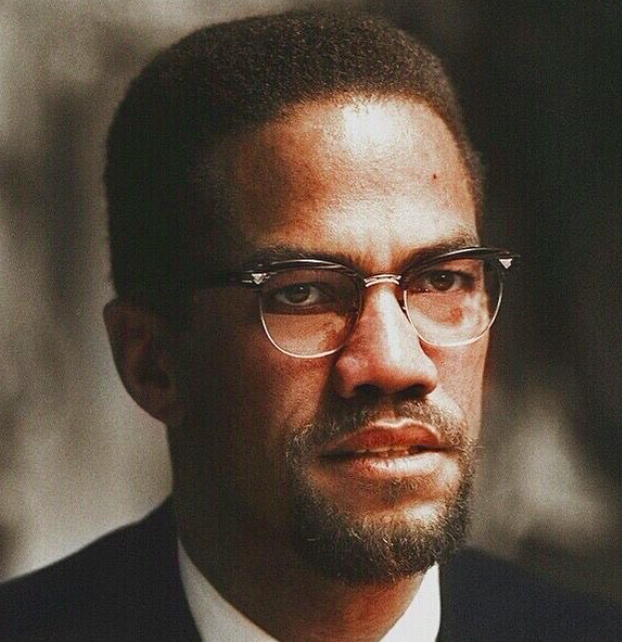
Malcolm X
Malcolm X’s words from 1964 are enjoying a resurgence today.
He said: “The most disrespected person in America is the black woman. The most un-protected person in America is the black woman. The most neglected person in America, is the black woman.”
It’s tragic that they still apply. But X’s summary of Black women’s condition in the world told the truth and serves as a call to action to change the conditions for Black women in their community. When X learned the Elijah Muhammad, his religious leader and mentor, was disrespecting and abusing Black women, X not only believed the women’s stories, he took action and distanced himself from Muhammad. Such action is radical even by today’s standards. It showed that his speeches weren’t just words but principles to live by.
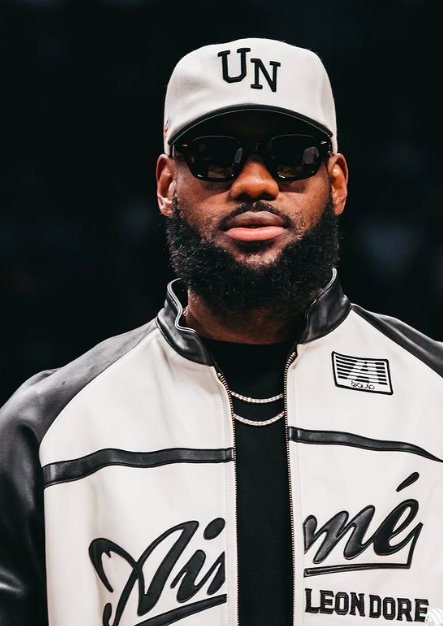
LeBron James
LeBron James does a lot outside of the basketball court. He’s also consistently tapped Black women to help him get it done. In 2018, he worked with three Black women entrepreneurs to design eponymous shoes. Earlier this year, he named Geraldine Pamphile, a Black woman, the executive vice president of his production company SpringHill. After the police who killed Breonna Taylor were acquitted, he used his Twitter account to speak about the centuries of disrespect Black women have endured. He quoted Malcolm X before vowing to change the condition. Later, he said:
“You just look at the history of America and the disrespect that Black women have gotten for the last 400 years. You can’t turn a blind eye to that,” James said. “When I look at my household and see my daughter, who is five on her way to six, my wife and my mom, rest in peace my grandmother, so many Black women have done so many things for me. Seeing their sacrifices, especially my moms when I was growing up. They were disrespected along the way, and it’s still like that today.
He dropped the ball publicly listening to Tory Lanez in the midst of his trial for shooting Megan Thee Stallion, but we’re looking for more positive examples in his interactions with Black women in the future.
Denzel Washington
As an actor, Denzel Washington understands the power of image and how certain images can alienate the very people who helped his career thrive in the first place. In 1989, he starred in The Mighty Quinn alongside Mimi Rogers. The two kissed in the movie. When they showed the film to early audiences, they found that particular scene tested poorly with fans. After that, Washington made the decision not to kiss white women on screen. In an interview with Newsweek, Washington said, “Black women are not often seen as objects of desire on film. And they have always been my core audience.” The sentiment is not only about his personal preference but an indictment on the effects of Hollywood’s historic lack of diversity.
